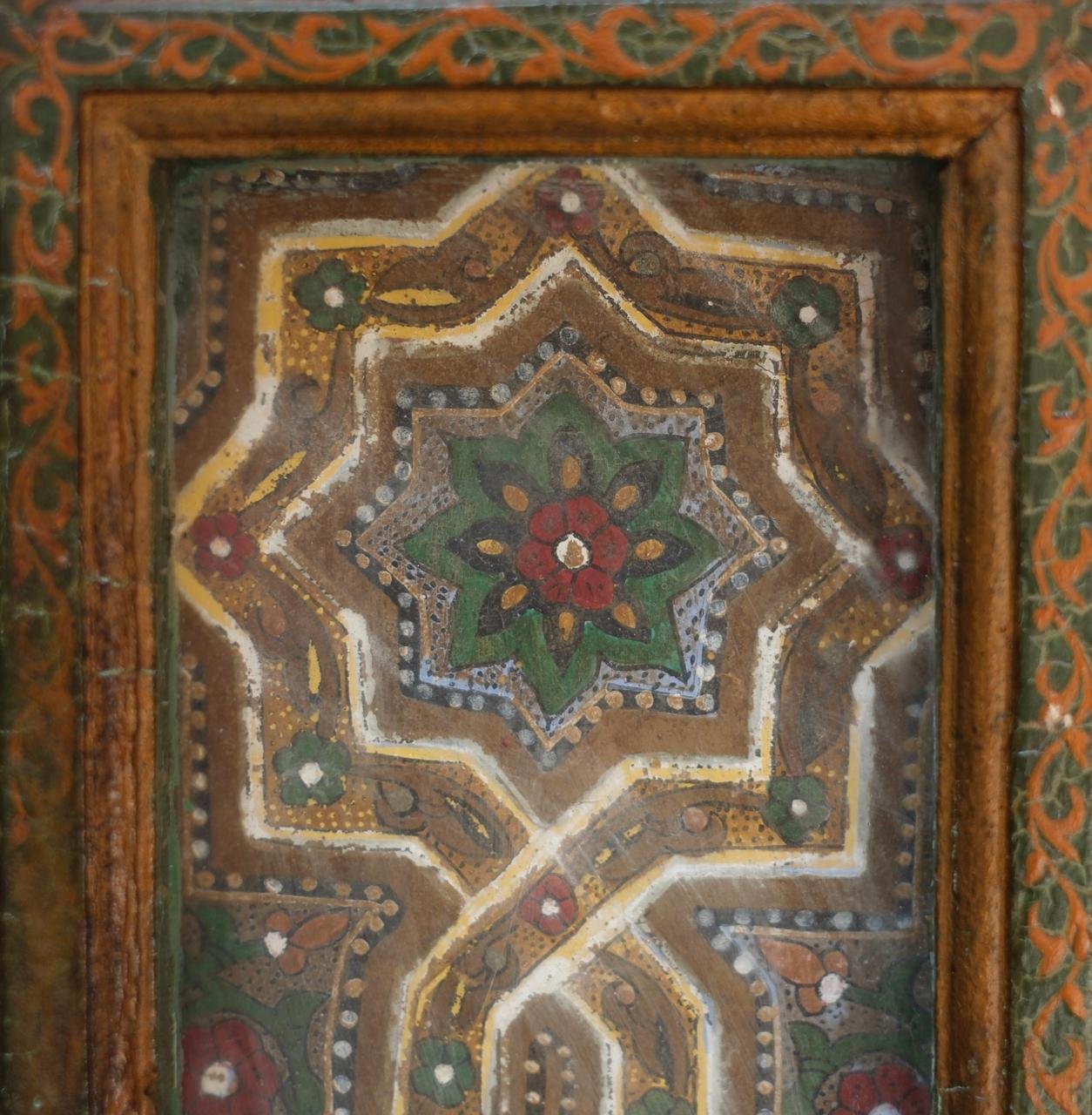Morocco welcomes millions of travelers each year, drawn by its breathtaking landscapes, cultural richness, and unforgettable experiences. In 2025, with growing environmental and social awareness, more travelers are seeking meaningful holidays. That’s where responsible tours in Morocco offer a sustainable, ethical, and enriching alternative—for visitors and local communities alike.
What is a responsible tour in Morocco?
A responsible tour follows these core values:
- Respect for local communities and their way of life
- Preservation of nature and resources
- Support for the local economy (small guesthouses, artisans, local guides)
- Promotion of heritage—both cultural and natural
These journeys focus on quality over quantity, and on authentic encounters over mass tourism.
Staying in eco-friendly and locally owned places
Instead of large impersonal hotels, responsible circuits prioritize:
- Family-run guesthouses and rural gîtes
- Eco-lodges built with local materials and using renewable energy
- Nomadic desert camps, respecting Saharan traditions
In the Drâa Valley, for example, many kasbahs have been restored as charming guesthouses. You can find them on our desert tours in Morocco, offering comfort, authenticity, and direct support to local families.
Supporting craftsmanship and cooperatives
Morocco is home to rich artisanal traditions: pottery, weaving, leatherwork, jewelry, and wood carving. Many cooperatives, especially women-led, preserve these skills while providing income to rural communities.
By including visits to these cooperatives in your tour, you can:
- Purchase fair-trade, handmade products
- Learn about traditional techniques
- Engage in meaningful cultural exchanges
Traveling slowly and respectfully
Responsible tours encourage low-impact, immersive ways to explore:
- Hiking or camel trekking through dunes and valleys
- Shared 4×4 rides with local drivers for remote areas
- Walking in medinas to reduce your environmental footprint
In the desert, agencies like Sahara Adventure offer camel treks with nomadic guides, allowing for deep cultural connection and minimal ecological impact.
Protecting resources and nature
Tourism in fragile ecosystems must be mindful. Simple actions make a difference:
- Avoid water waste, especially in arid zones
- Use reusable water bottles to reduce plastic
- Respect local flora, fauna, and protected areas
Some tours even include eco-volunteering—tree planting, palm grove cleanups, or supporting local green initiatives.
Solidarity tourism: connecting with people
Responsible travel in Morocco also means meeting locals and sharing moments:
- Staying in homestays or small inns
- Enjoying traditional meals like couscous or tagine
- Participating in hands-on workshops: pottery, henna, Amazigh music, or cooking
These experiences create a sense of connection and contribute directly to the development of the places you visit.
Responsible tour ideas for 2025
Here are a few examples of customized sustainable itineraries:
- Imperial cities and crafts: Rabat, Fès, Meknès, Marrakech, with riad stays and pottery or weaving workshops
- Desert & oases by 4×4: authentic camps, musical encounters, artisans of the Sahara
- Berber mountains and valleys: trekking with local guides, and visiting women-run cooperatives
Travel differently in Morocco
In 2025, visiting Morocco isn’t just about ticking off tourist sites. It’s about traveling differently—slower, deeper, and with purpose.
At Sahara Adventure, we’re committed to promoting human-centered tourism that’s respectful of the environment and enriching for everyone involved.

